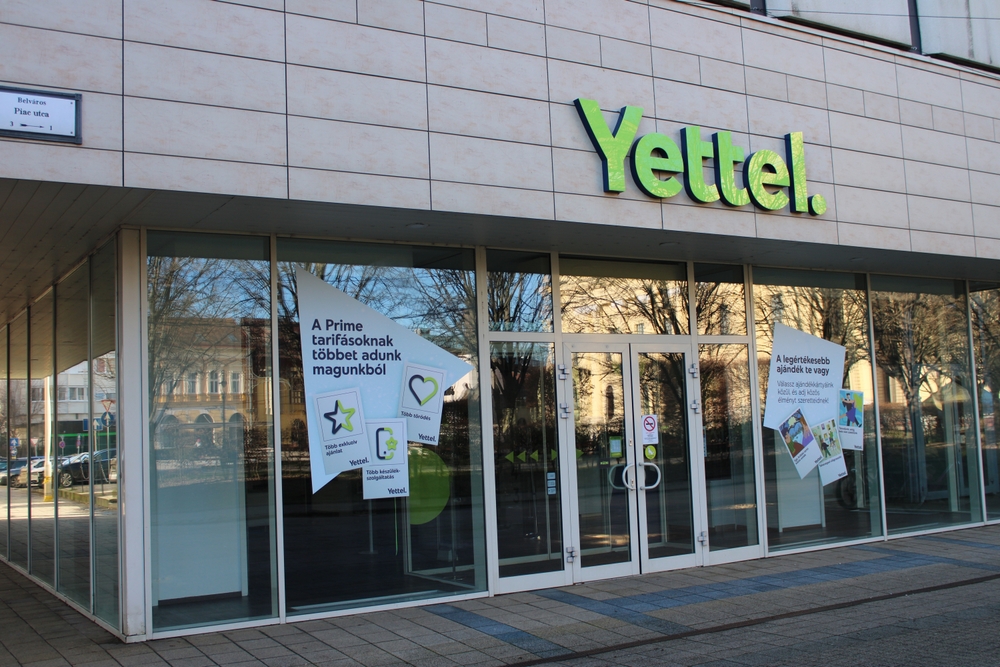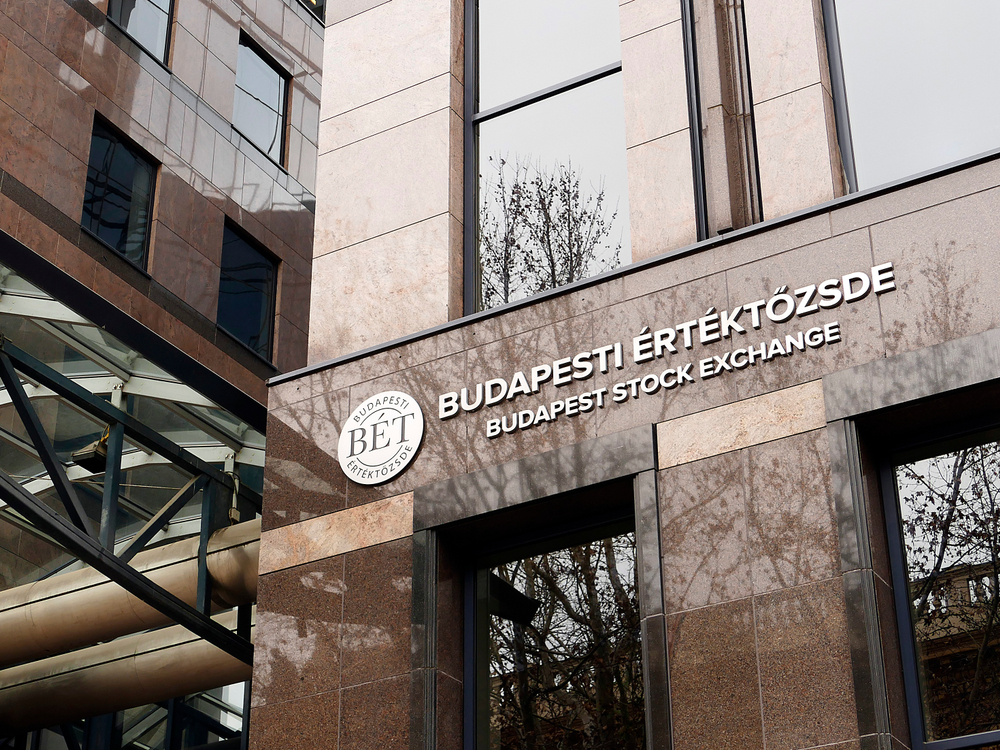Investments declining in SME sector

Hungaryʼs small and medium-sized enterprises (SMEs) employed close to two million people last year, contributing 43% of added value, 42% of net revenues, and 34% of investments of the total performance of firms operating in the country, shows a study by the Central Statistical Office (KSH).
The volume of investments by SMEs declined by 14.9% in 2016, primarily due to the temporary drying up of EU funds, notes online business news site vg.hu, citing the KSH study.
While microenterprises increased their investments by 9.2% at current prices, SMEs saw a decline of around 3% in this area. Microenterprises directed HUF 469,000 on average into investments last year, while small companies invested HUF 14.6 million and medium-sized firms HUF 111.8 mln on average, vg.hu reported.
A total of 687,700 (non-financial) microenterprises and SMEs operated in Hungary in 2016: the proportion of microenterprises was 94.4%, while small companies made up 4.8% and medium-sized firms 0.8% of the total, according to KSH data.
According to the vg.hu report, the SME sectorʼs low share of investment in the national economy compared to revenues or added value is attributable to their lesser inclination to invest, as they reinvest a smaller proportion of generated value into their economic activity compared to larger companies.
In addition, the report notes, the weight of SMEs among capital-intensive goods-producing branches is smaller, while the ratio in the services sector, with its more modest investment needs, is higher.
While revenues of SMEs continually grew between 2013 and 2015, last year they declined, the KSH study notes. At the same time, some 6,000 larger companies outside of the SME sphere accounted for almost 58% of revenues of the entire corporate sector.
The data show that in 2016, an average microenterprise posted net revenues of HUF 19 mln, small companies averaged HUF 392 mln and medium-sized firms HUF 2.5 billion.
Some 69% of revenues of the SME sector in 2016 were realized by service companies, 26% by industrial and construction firms, and 5% by enterprises engaged in agricultural production.
Both in terms of revenues per SME and specific added value, Hungary lies in the bottom third among countries of the European Union according to 2015 data, the report notes.
SUPPORT THE BUDAPEST BUSINESS JOURNAL
Producing journalism that is worthy of the name is a costly business. For 27 years, the publishers, editors and reporters of the Budapest Business Journal have striven to bring you business news that works, information that you can trust, that is factual, accurate and presented without fear or favor.
Newspaper organizations across the globe have struggled to find a business model that allows them to continue to excel, without compromising their ability to perform. Most recently, some have experimented with the idea of involving their most important stakeholders, their readers.
We would like to offer that same opportunity to our readers. We would like to invite you to help us deliver the quality business journalism you require. Hit our Support the BBJ button and you can choose the how much and how often you send us your contributions.








